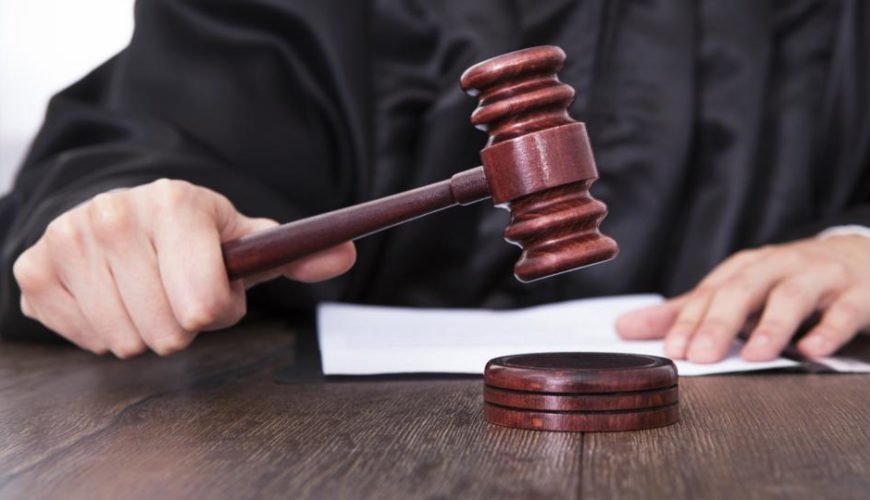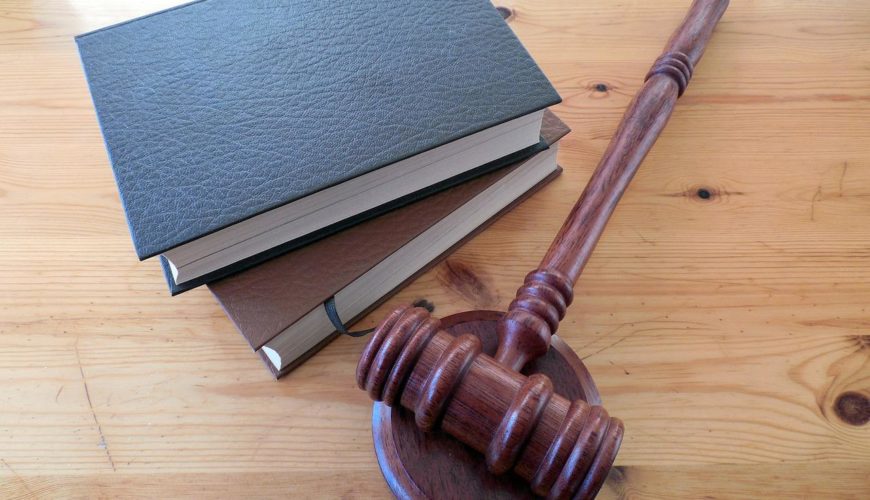Plea bargains are an incredibly misunderstood part of the legal process. Some see these bargains as a sort of ‘get out of jail free’ card, while others see the plea bargain as a prosecutorial shortcut for making innocent people pay for crimes that they have not committed. In reality, plea bargains are an important part of the balance of the judicial system, one that balances the need to enforce the law with the overly-busy reality of the courts. If you have been accused of a crime, there’s a good chance that you will be offered a plea bargain of some sort. In certain situations, you may want to accept that offer.
What is a Plea Bargain?
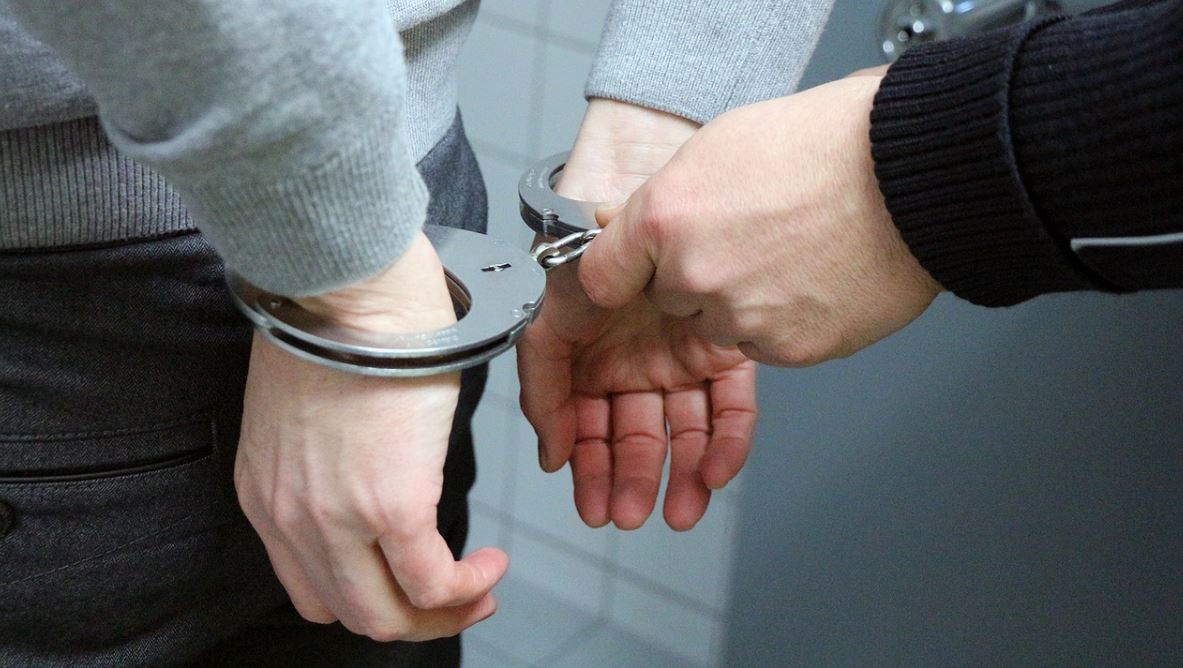
Before you think about accepting a plea bargain, it’s important that you know exactly what you’re being offered. A plea bargain is an offer made by the prosecutor to a defendant in which the defendant agrees to plea to a specific charge in order to receive a reduced punishment. Plea bargains can be offered for many reasons, ranging from the difficulty of securing a guilty verdict to the sheer resource expenditure required to prosecute a case. Knowing why you’ve been offered a plea bargain is usually the first thing you’ll need to know before you accept.
When the Case is Against You
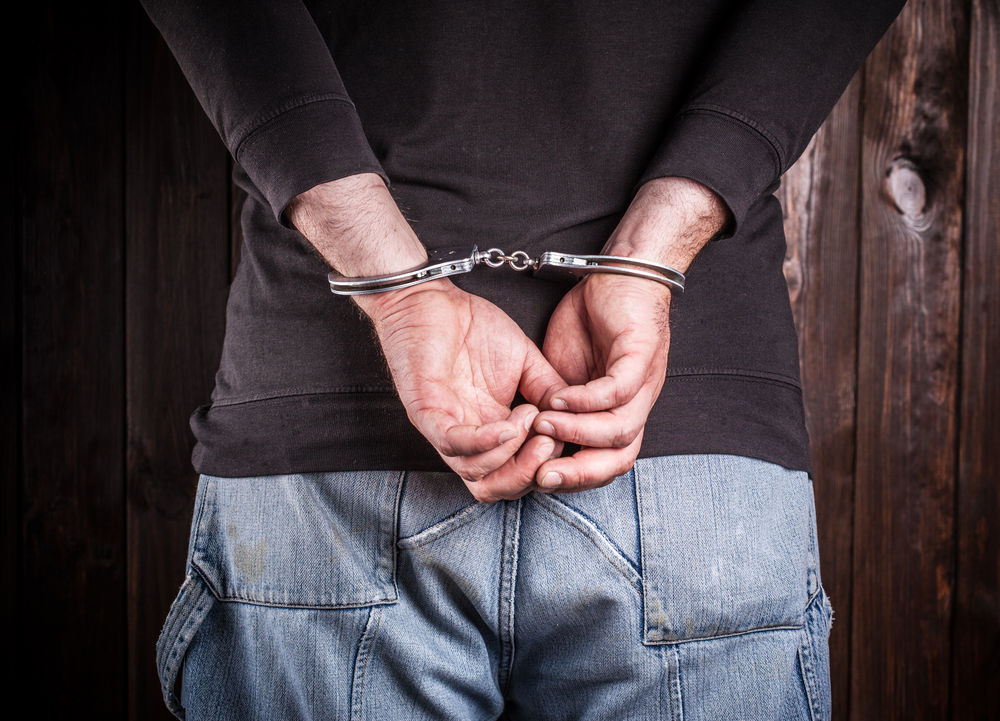
Perhaps the most common reason to accept a plea bargain is when the facts are stacked against you. Whether guilty or innocent, the prosecutor seems like he or she has a sufficient amount of evidence to make sure that you are found guilty by a judge or a jury. When you’re offered a plea bargain in this case, it’s not because the prosecutor doesn’t think that he or she will win but rather that offering the plea bargain will save him or her time. Taking a bargain, in this case, will allow you to secure a lesser punishment even if you are guilty of the crime.
When You Can’t Afford the Outcome
In some cases, a plea bargain is actually meant to help you as an individual. First-time offenders are often allowed to plea to a lesser charge in order to allow them a chance to avoid particularly harsh punishments. Such pleas usually come with strings attached, including things like drug rehabilitation or defensive driving classes. Taking a plea bargain in such a case allows you to walk away with a relatively minor inconvenience instead of something more severe.
When You Would Prefer to Avoid a Trial
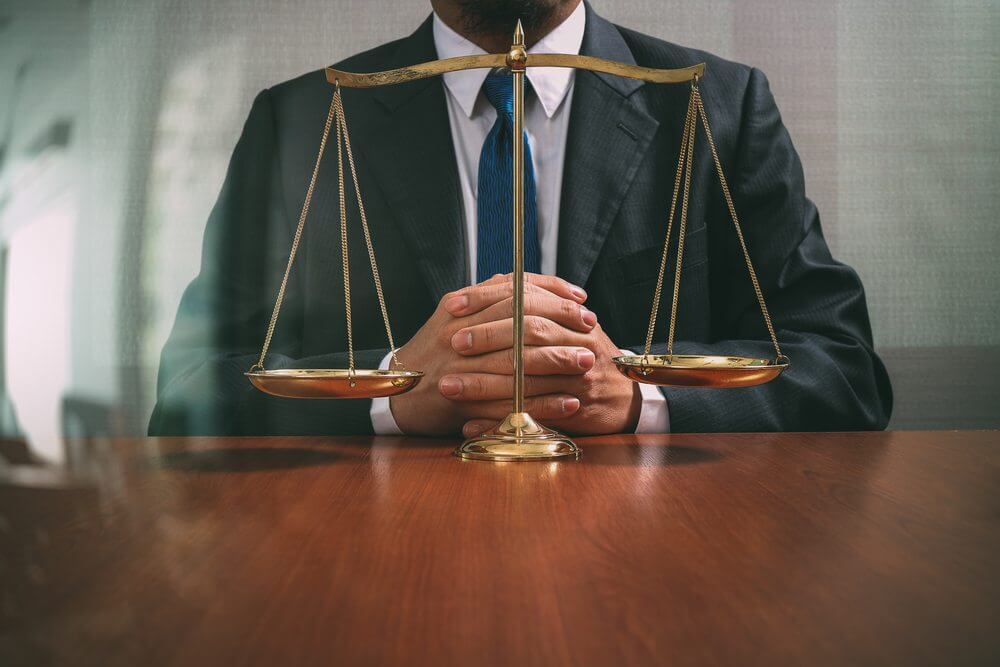
Plea bargains tend to greatly shorten the length of criminal proceedings. If you think that things are going to work out against you at trial and you’d prefer to get things over with, a good plea bargain might be your best hope. It’s not uncommon for defense attorneys to seek out a plea bargain for clients who might be guilty but who have extenuating circumstances related to the commission of a crime. Others might wish to take a plea bargain because they would rather avoid the stress that comes with going to trial.
It’s always a good idea to consult with an attorney before you consider taking a plea bargain. While an attorney like William Hanlon Criminal Defense Lawyer in St Petersburg can’t tell you whether or not you should take a deal, he can tell you if the deal offered sounds fair. There are many different reasons why you may or may not want to take a plea bargain, so take some time to consider if any of them apply to you. No matter what the case, it’s ultimately your right to take the deal or to go to trial.

